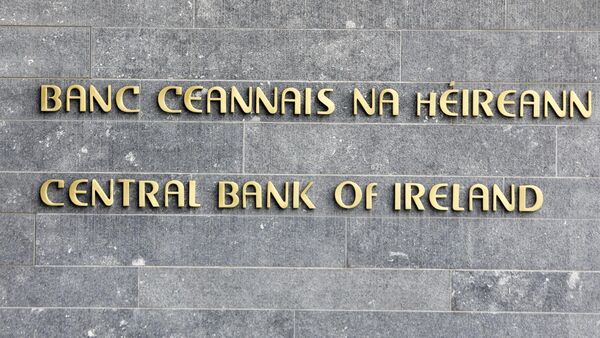Article 9 of Tracker Mortgage Scandal (And possibly the last one!)
The Tracker Mortgage Scandal hit the headlines again last week with the announcement of a €100.5 million fine for Bank of Ireland for its role in the scandal, which is the highest of any fine levied against an Irish Bank.
This closes the chapter on the Central Bank’s seven year investigation of seven lenders in the tracker mortgage scandal. The fine brings the total amount of fines levied against the banks to almost €279 million.
The scandal affected 42,000 customers to varying degrees, with the reported loss of 327 homes. Bank of Ireland’s failures reportedly led to the loss of 25 homes.
What is a tracker mortgage?
A tracker mortgage is a home loan with an interest rate set at a percentage above the fluctuating European Central Bank (ECB) rate. If the ECB rate dropped, customers would have a lower mortgage repayment. Of course, if the ECB rate increased, the repayment would go up to match the change. They were extremely popular mortgages with Irish customers.
How did the problem arise?
Tracker mortgages became unprofitable for banks after 2011, when the European Central Bank interest rate fell close to 0%. Such a low rate was extremely beneficial to customers.
This triggered the scandal, as banks have been found to have engaged in practices that were not so customer friendly, such as switching customers to more expensive fixed and variable rates. Other customers who may have chosen to go on a fixed or variable rate for a certain period of time were not offered or were denied tracker rates when they came to the end of this period, again being directed towards the more expensive rates.
Bank of Ireland
In relation to the recent finding against Bank of Ireland, the bank is reported to have repeatedly interpreted unclear contractual terms in its own favour and against the customer, which continued the harm and loss caused to customers over many years.
It has noted that its regulatory breaches included the provision of unclear contractual documents to customers, failure to interpret these unclear documents in customers’ best interests, unfair complaints handling, deficient mortgage systems and controls and wrongful exclusion of customers from the protections of the Tracker Mortgage Examination.
How were people effected?
The effect on each respective customer has been different depending on each customer’s individual set of circumstances. Being charged excessive mortgage repayments each month had some impact on all customers, ranging for the minimal to the most severe cases, where 327 homes were lost.
Is this the end of the scandal?
Bank of Ireland is the last of the financial institutions to be fined and this brings to an end the investigation into the country’s banks’ conduct. The fines which have been reported have been imposed by the Central Bank.
The banks have also had to set further funds aside to deal with compensation for individual cases that have been brought against them and while this may be the end of the scandal as far as fines from the Central Bank are concerned, there are still customers out there who have not received their just compensation for their bank’s failings and possibly, customers who have not yet raised complaints.
The general secretary of the Financial Services Union, John O’Connell, has called for a seismic change to occur in the banking sector, where the voice of the customer and staff are at the heart of the decision-making process.
William Hanly
Senior Associate


